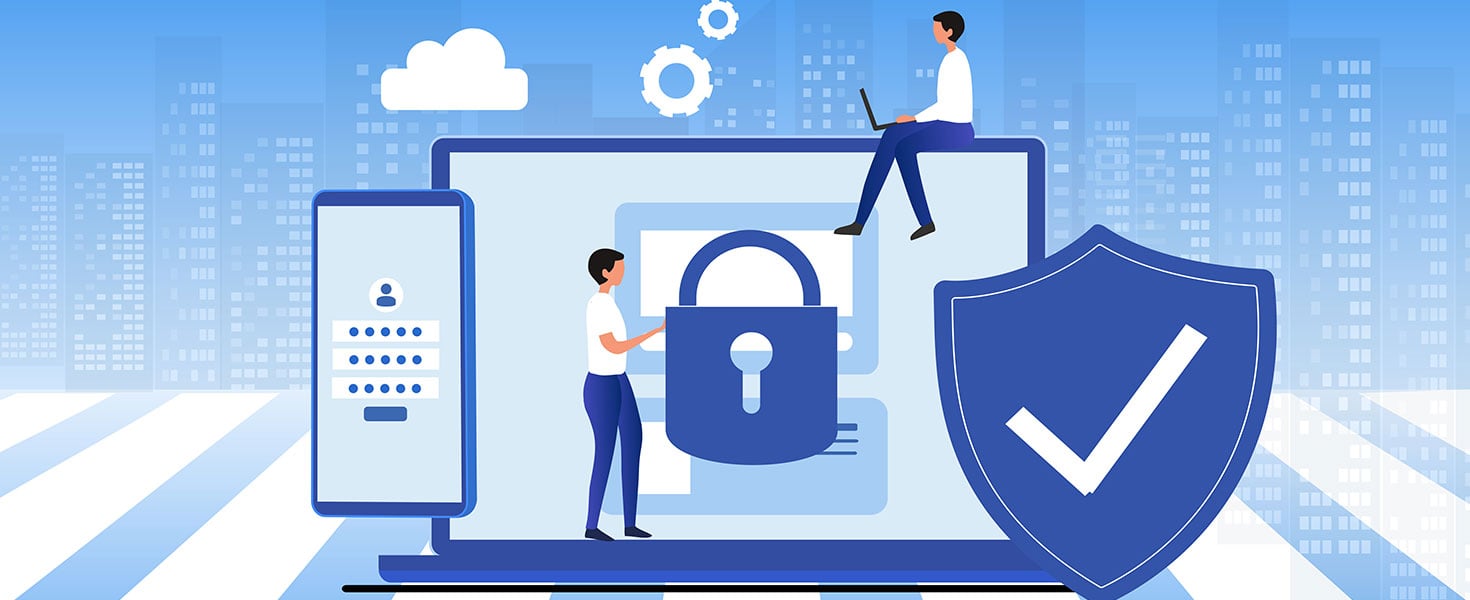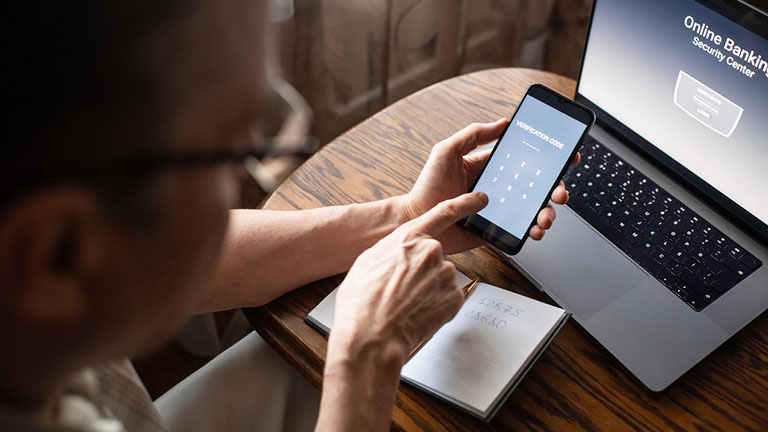What to Do If Your Identity Is Stolen
Your identity - theft awareness action plan for recovering and staying protected


More than 1.1 million Americans reported being victims of identity theft in 2024. While that’s less than its peak in 2021, it’s still well above pre-pandemic levels. If you discover you’ve become a victim of ID fraud, acting fast can help you minimize the damage.
Here are some steps to take to protect your money and secure your identity.

1. Alert your bank and credit card companies
If you spot any unusual transactions, like a charge for a purchase you didn’t authorize, contact your bank and credit card companies right away. They’ll help you freeze or lock any accounts impacted by the fraud, which can prevent fraudsters from making additional unauthorized charges. But remember, if the thief has already gained access to your money, you’ll need to work with your financial institutions directly to dispute and resolve these charges separately.
It’s also a good idea to take this time to update your online banking passwords and turn on two-factor authentication.

2. Set up a fraud alert and credit freeze
Thieves who get hold of your credit information can open new accounts in your name, which can hurt your credit history and prevent you from getting approved for new lines of credit, such as a mortgage or auto loan. To protect yourself, contact each of the three major credit bureaus—Experian, Equifax and TransUnion—and request a fraud alert and credit freeze. This helps prevent further misuse of your personal information, such as stopping scammers from opening new credit accounts in your name. (Note that you will have to lift the credit freeze temporarily if you want to open a new credit card or apply for a loan.)
You should also carefully review your credit reports for anything unusual, such as accounts you didn’t open. If you find something suspicious, dispute it with the credit bureau so they can remove the incorrect information.

3. File a theft report
Next, file an identity theft report with the Federal Trade Commission (FTC) at IdentityTheft.gov. This report creates an official record of the fraud, which can help the FTC spot patterns and take action against illegal schemes. If you have any information about who stole your identity or if your specific situation can aid law enforcement with an ongoing investigation, the FTC may also recommend filing a police report.

4. Prevent identity theft in the future
They say lightning never strikes the same place twice—but that's actually a myth. It can and does strike the same spot more than once, just like identity theft. In fact, 26 percent of ID theft victims reported experiencing it again, likely because more of their information is available to criminals online. That's why taking proactive measures is key to protecting yourself from future fraud.
Here are a few simple ways to help you keep your personal information safe:
- Check your accounts and credit reports regularly.
- Use strong passwords on all your devices and for all your accounts, and turn on two-factor authentication for accounts.
- Consider using a password manager to help you create and guard your important information.
- Never share personal information over the phone unless you're 100 percent sure who you’re talking to.
- Safeguard your personal documents, shredding bills, bank statements and other mail that contains your personal information. Also consider receiving these documents electronically.
- Log out of accounts when you’re finished using them.
- Use a Virtual Private Network (VPN) to encrypt your internet activity and protect your information online.
Remember, the best defense against identity theft is awareness and action. Stay informed, stay cautious, and take steps to protect your identity before fraud happens.
